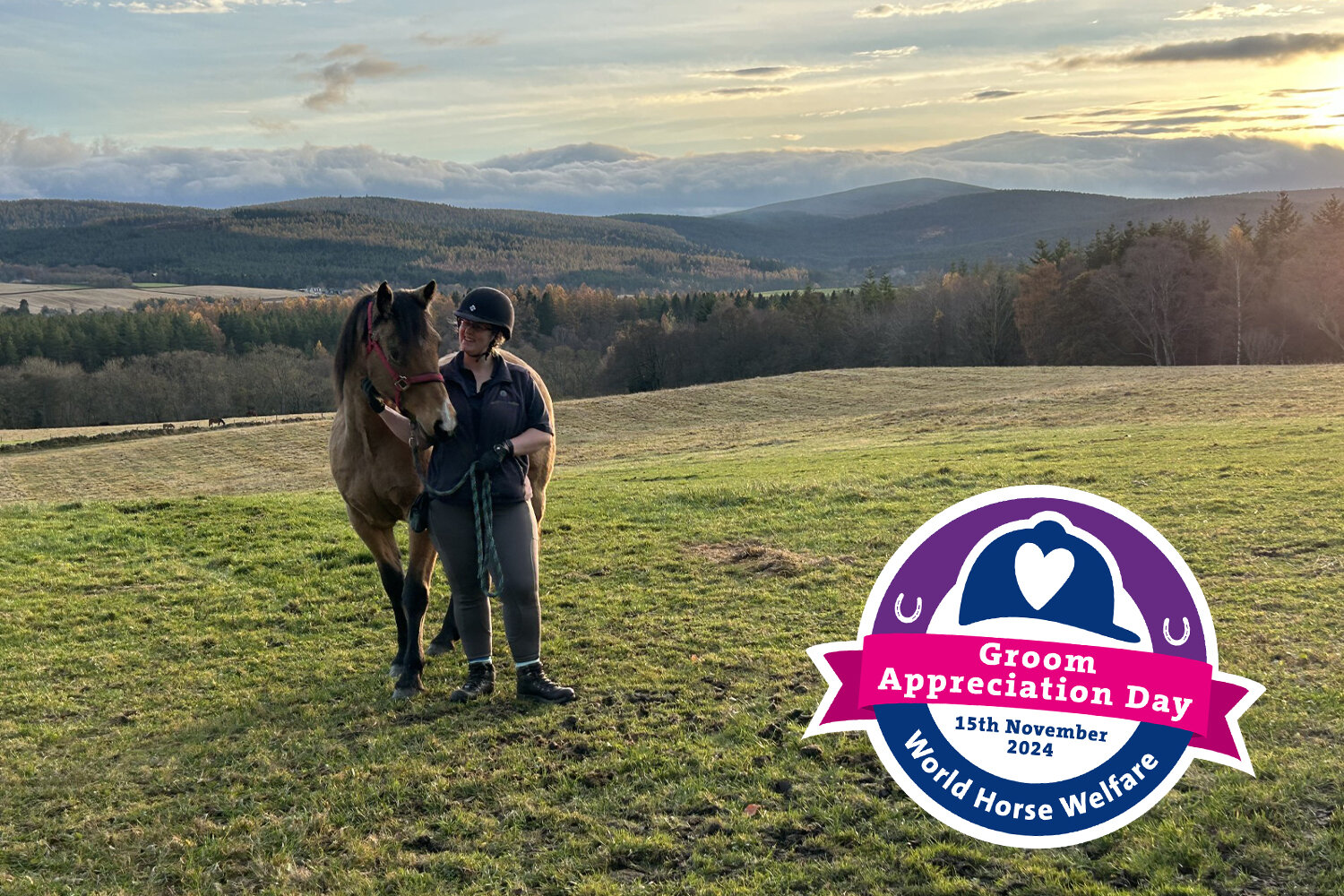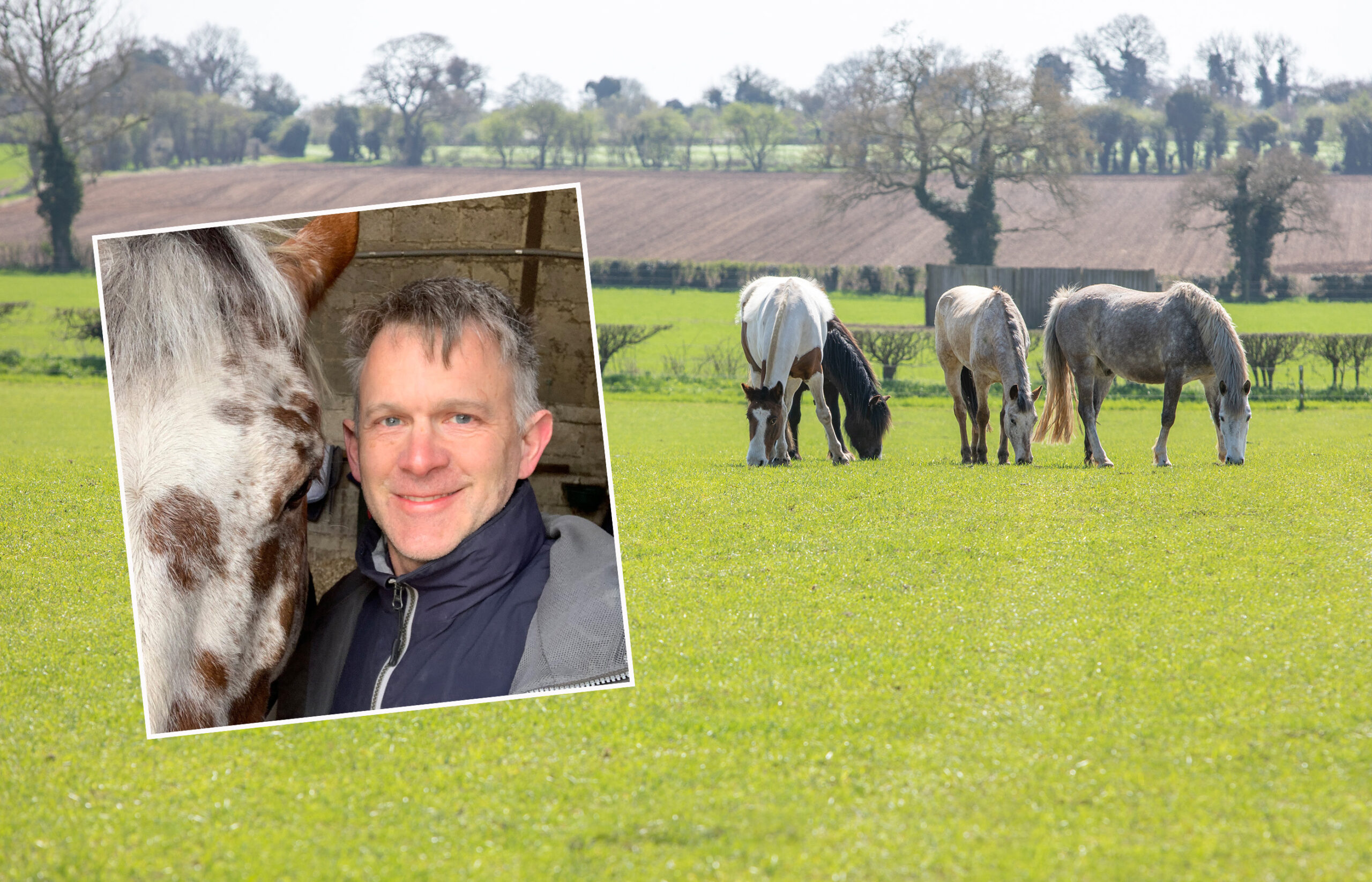Coalition For Working Equids welcomes statement on need to protect equine welfare in donkey trade
On World Donkey Day, the International Coalition for Working Equids (ICWE) welcomed the World Organisation for Animal Health’s (OIE) 3 May statement.
Posted on 08/05/2019

On World Donkey Day, the International Coalition for Working Equids (ICWE) welcomed the World Organisation for Animal Health’s (OIE) 3 May statement calling for better implementation of OIE standards to help protect the welfare of donkeys – and the people who rely on them – which are currently at risk due to the global trade in donkey skins, especially in Africa.
The coalition (comprised of Brooke, The Donkey Sanctuary, SPANA and World Horse Welfare) has been working in partnership with the OIE on implementing the organisation’s standards on the welfare of working equids and working in communities in Africa where infectious disease has plagued the equine population, with reportedly thousands of donkey fatalities over the past three months. These deaths have further depleted populations already decimated by the indiscriminate, and often illegal, slaughter of donkeys for their skins, which when boiled produce a gelatine called Ejiao, an increasingly popular Chinese remedy.
“Considering the impact and consequences of the increased global demand and trade of donkeys and their products, the OIE encourages its members to implement international standards, not only to protect donkey health and welfare, but also to safeguard the livelihoods that depend on them.”
OIE statement
“World Donkey Day exists for a reason: these animals are intrinsic to the livelihoods of many millions of people. So we welcome the OIE’s statement highlighting the need for OIE standards on welfare, biosecurity, transport and slaughter to be implemented to help protect the donkey population in Africa.
“Thousands of households rely on these donkeys for transport, traction and income generation. We do not yet know the full extent of the impact of the donkey hide trade in Africa and of the loss of so many animals from disease, but ICWE members are ready to support communities and governments with technical advice to help implement the OIE standards. We echo the OIE’s concern about reports of illegal transport and slaughter of these donkeys for a trade which needs to be more humane and sustainable.”
Roly Owers, ICWE Chair
Topics
Related News

Equine charities host New York Climate Week event
For the first time, The Donkey Sanctuary and World Horse Welfare have taken part in the annual Climate Week NYC.

Catalina’s invisible suffering
We shed a light on Catalina's suffering - now she is healthy and her wounds are healed.
Recommended Blog Posts

How to help a needle-shy horse overcome their fear
Grooms Amy and Emily explain how they work with horses who are nervous with needles before a visit from the vet.

Meet some of our often-unsung heroes on Groom Appreciation Day – Abi at Belwade Farm
“All of us love the horses we care for and when things go wrong, we really feel it, as this isn't just a job for us. If we didn't love them all, we wouldn't be working here to try and make a difference.”

The work you don’t always see
Our new Director of UK shares an insight into how our welfare work makes a difference every day.
Enjoy reading stories like this?
Join over 55,000 other horse lovers and sign up for our email newsletter

Join over 55,000 other horse lovers and sign up for our email newsletter
Sign me up now